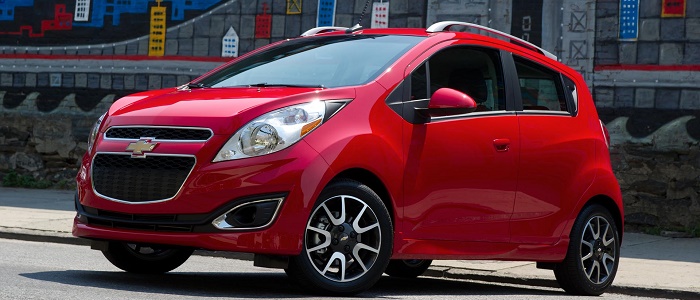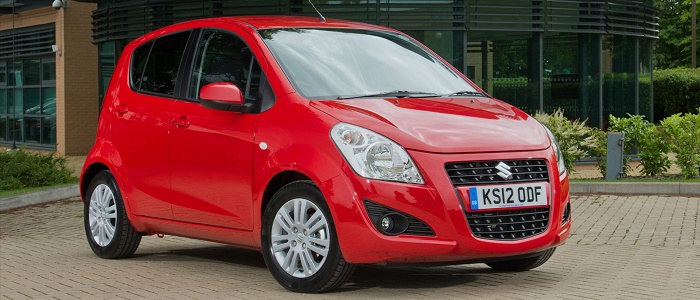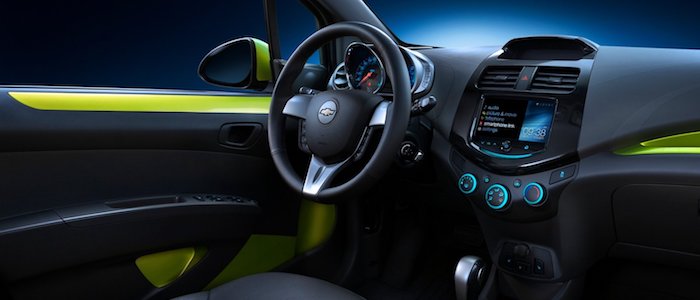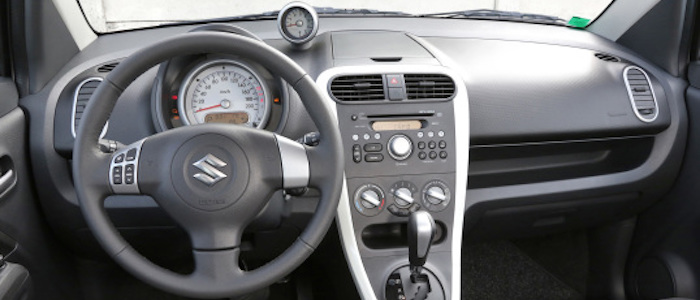Compare two cars
Compare any two cars and get our Virtual Adviser™ opinion
Marketing
Dimensons & Outlines
Engine
Performance (manual gearbox)
Performance (automatic gearbox)
Expenses
Virtual Adviser's™ opinion
Well, these are two pretty similar cars we have here! It's only details that could potentially make the difference. Considering they both belong to the micro car segment and utilize the same 5-door hatchback body style and the front wheel drive system, it all comes up to the specific petrol engine choice they offer. The first one has a Chevrolet-engineered powertrain under the hood, a 4-cylinder, 16-valves 81hp unit, while the other one gets its power and torque from a 4-cylinder, 16-valves 94hp engine designed by Suzuki.
SafetyThe first thing to look into here would be the results from European New Car Assessment Programme (Euro NCAP) tests performed on the two cars. Good thing is that both vehicles got tested, with the same number of safety stars gained in the process. Moving further on, let's take a closer look at some additional safety-related facts. Both vehicles belong to the micro car segment, which is generally a misfortune safety-wise, but it doesn't do much to help us decide between the two. On the other hand, when it comes to weight, a factor that most people underestimate, the Japanese car offers a considerable difference of 15% more metal.
ReliabilityI don't like generalizing things when it comes to reliability, although it does seem that Suzuki does have a slight advantage, at least on all of the models level. These are the official statistics, while our visitors describe reliability of Chevrolet with an average rating of 4.2, and models under the Suzuki badge with 4.5 out of 5. Unfortunatelly, I don't have enough insight that would allow me to comment in more details on the specific models level. Above it all, drivers of cars with the same engine as the American car rank it on average as 5.0 out of 5, exactly the same as the other one.
Performance & Fuel economyBoth of the cars accelerate exactly the same, so we couldn't put one above the other. Car No. 2 is faster though, reaching top speed of 175 kilometers per hour, 11km/h more than the other car. When it comes to fuel economy things look pretty much the same for both cars, averaging around 5.1 liters of fuel per 100 kilometers (56 mpg), in combined cycle.
Verdict
Suzuki appears just a bit more reliable, although the difference is truly marginal. The most important thing when deciding between any two vehicles should always be safety, both passive and active. In my opinion, everything taken into account, the Japanese car offers significantly better overall protection, taking the lead here. When it comes to performance, both vehicles provide similar experience, so I wouldn't point any of them out. the Japanese car still consumps less fuel, which needs to be taken into consideration. It's not difficult to say then that if I'd need to make a choice, it would definitely be the Suzuki. In any case that's my personal view, built upon all the data available to me. What should decide here though is the way you feel about the two vehicles, and I hope you'll find my guidelines useful in the process. In case you have two minutes to spare I invite you to define your needs, desires and budget and see which car would be chosen by the virtual adviser™, out of 12.000+ vehicles we currently have in our database.































